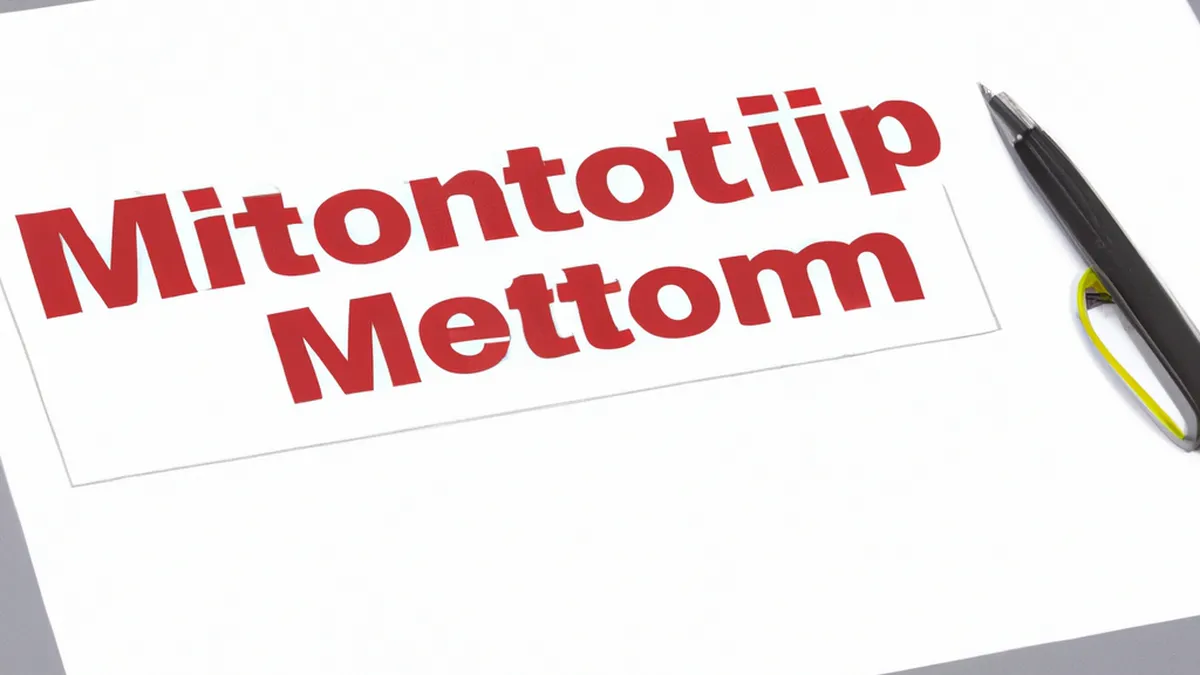Mentorship: A Game Changer for Young Athletes
The Role of Mentorship in Supporting Youth Athletes
Mentorship significantly supports the development of youth athletes by offering guidance, support, and inspiration. Young athletes face challenges, including physical demands and mental pressures, during their sports journey. A strong mentor provides wisdom and experience, helping young athletes thrive. This article explores mentorship’s importance, how to find a mentor, tips for building relationships, and the resulting benefits.
The Importance of Mentorship
Mentorship remains crucial for youth athletes for several reasons. First, it creates a positive environment. Young athletes feel supported and understood, boosting their confidence and motivation. This emotional support proves vital during injuries, losses, or competition. Additionally, mentors help athletes set realistic goals, encouraging hard work and focus.
Mentors teach valuable life skills. Young athletes learn discipline, teamwork, and resilience through their mentor’s guidance. These skills benefit them in sports and everyday life, shaping their character and work ethic. For example, discipline from training can improve academic performance and time management.
Moreover, mentors provide constructive feedback. This feedback enhances athletes’ performance and personal growth. A mentor’s perspective identifies strengths and weaknesses that athletes may overlook. With this insight, mentors help athletes create personalized training plans, guiding them toward their goals.
Tips for Finding the Right Mentor
Finding the right mentor remains crucial for youth athletes. Consider these tips when searching for a suitable mentor:
1. **Identify Your Needs**: Reflect on your strengths and weaknesses. Determine which areas require help. Clarifying these needs guides your mentor search.
2. **Look for Experience**: Seek mentors with a proven track record in your sport. Their knowledge offers valuable insights for your training.
3. **Consider Personality Fit**: Choose someone whose personality resonates with you. A positive relationship promotes open communication, vital for effective mentorship.
4. **Explore Local Programs**: Many communities offer mentorship programs for young athletes. Research local organizations that connect youth with mentors for structured support.
Advice for Building a Strong Mentorship Relationship
After finding a mentor, building a strong relationship is essential. Consider these tips to strengthen that bond:
1. **Communicate Regularly**: Maintain open lines of communication to discuss progress and challenges.
Conclusion
Mentorship significantly impacts youth athletes by fostering growth, resilience, and skill development.
Below are related products based on this post:
FAQ
What are the key benefits of mentorship for youth athletes?
Mentorship provides emotional support, helping young athletes feel understood and motivated, especially during tough times like injuries or losses. Mentors also teach valuable life skills such as discipline, teamwork, and resilience, which benefit athletes in both sports and everyday life. Additionally, mentors offer constructive feedback that helps athletes identify their strengths and weaknesses, guiding them toward personalized training plans and realistic goals.
How can young athletes find the right mentor?
To find the right mentor, young athletes should first identify their specific needs by reflecting on their strengths and weaknesses. They should look for mentors with experience in their sport and ensure the mentor’s personality is a good fit for them. Exploring local mentorship programs can also be beneficial, as many communities offer structured support to connect youth athletes with suitable mentors.
What steps can be taken to build a strong relationship with a mentor?
Building a strong mentorship relationship involves maintaining regular communication to discuss progress and challenges. It’s important to foster open lines of communication, which encourages trust and allows for effective feedback and guidance. Consistent interaction helps strengthen the bond and ensures that both mentor and mentee are aligned in their goals.















Post Comment